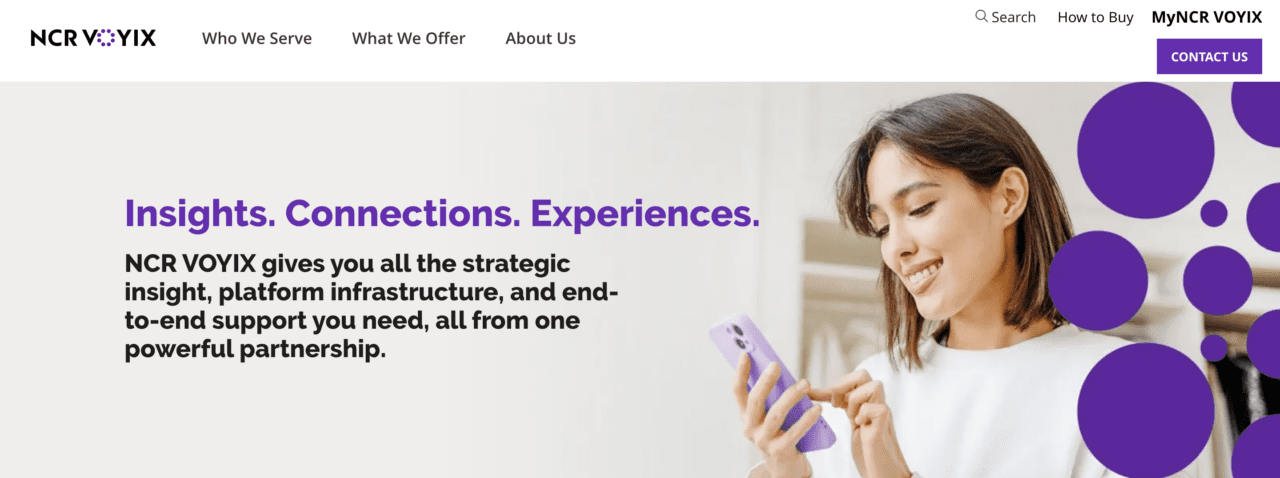
- Financial infrastructure platform Xalts is acquiring Contour Network.
- Xalts will leverage the purchase to create embedded solutions for trade and supply chain finance.
- Financial terms of the deal were not disclosed.
Singapore-based financial infrastructure platform Xalts announced this week it is buying Contour Network with an aim to enhance global trade finance. Financial terms of the deal were undisclosed.
Contour Network was built in 2017 by a consortium of eight global banks to create an open trade finance network. Today, more than 22 banks and 100+ global businesses use Contour’s network for digital trade finance.
Xalts helps banks streamline global trade, receivables, and supply chain financing operations with tools that facilitate everything from origination to multiparty workflows. The company will leverage Contour’s processes and integrations to facilitate communication and transactions between businesses and financial institutions in its network. Once the deal is complete, Xalts will initially focus on creating solutions that banks, logistics companies, and fintechs can embed within their own applications for their business customers.
Xalts CEO Ashutosh Goel said the company aims to create a “Plaid for Trade.” He explained, “Our vision is to expand the scope of Contour’s network which is trusted by banks and corporates, and build it into a rail that enables businesses to access digital solutions for trade and supply chain finance offered by banks, fintechs and technology partners. Combining our platform with Contour’s Network will allow participants to develop and deploy customized solutions quickly.”
Xalts, which leverages the blockchain to help its clients build tokenization applications, was founded in 2022 and currently has a team of more than 50 employees spread across offices in Singapore, Hong Kong, India, the U.A.E., and U.K.
“Citi has long been a leader in driving innovation in financial services. We invested in Contour in 2020 and led the seed round for Xalts in 2022,” said Citi Ventures Director Everett Leonidas. “The combination of these two companies into one firm with an expanded vision and a great leadership team will accelerate innovation in global trade finance.”
With Xalts aiming to become the “Plaid for Trade,” the partnership opens up new potential for businesses to access digital solutions for trade and supply chain finance. This move, combined with the company’s use of the blockchain, offers the potential to create more accessible and efficient solutions to a wider range of businesses.
Photo by Kurt Cotoaga on Unsplash











